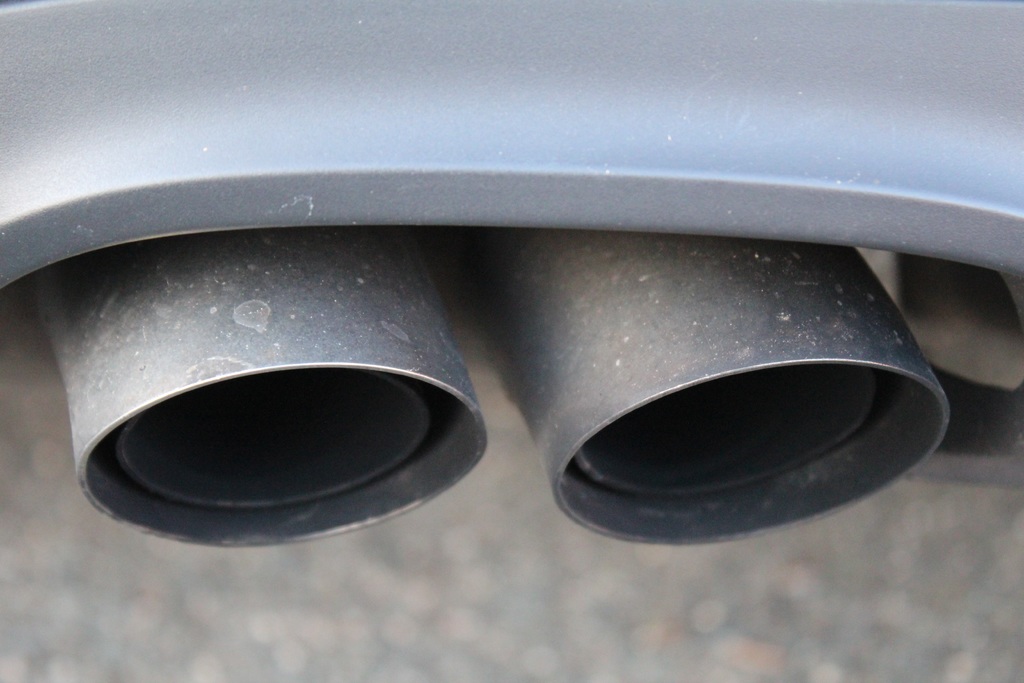Last year Trump sought to prevent California from making its own laws with regards to advancing clean transport, specifically the reduction of vehicle emissions

California has taken various steps towards reducing vehicle emissions since the turn of the millenium
California signed a memorandum of understanding with Canada on 26 June to solidfy its joint commitment with America’s neighbour to advancing clean transport, despite efforts from Trump to limit the state’s agency in this regard.
The move is expected to see both participants share technical information and best practices in regulating cleaner fuels, an area within which the US president has publicy expressed intentions to restrain California’s autonomy.
Announcing the agreement, Canada’s environment minister Catherine McKenna said: “As the world’s fifth-largest economy and a global leader in clean transportation, California is a leading example of how climate action can be good for everyone.
“We’re moving quickly to electric vehicles but need to clean up the vehicles that the majority of people are still driving.
“We look forward to working with California to fight climate change, keep the air clean and give drivers better options for cleaner, more affordable vehicles.”
California and Canada to work to one another’s mutual benefit on clean transport
California, the US state with the highest population, has made something of a name for itself with respect to climate action and, specifically, clean transport, via its Low Carbon Fuel Standard.
It is currently in the midst of suing America’s federal government following Trump’s move last summer to forbid it from setting its own standards for vehicle emissions.
Canada, too, is hoping to take action to cut back on the pollution produced by its vehicles, outlined by the country’s aim to cut emissions by 30 million tonnes by 2030 – the same as taking seven million cars off the road.
The two governments are expected to work together on accelerating the transition to zero emission vehicles, largely through introudcing various incentives aimed at making them financially viable, as well as developing clean fuel alternatives.
On a teleconference with Ms McKenna, California’s governor Gavin Newsom said: “The reduction of greenhouse gases is “essential to our economic growth and prosperity.
“For us, these vehicle emissions standards are fundamental and critical to reaching our goals.
“If you want to see if climate change is real, come to California – see what we’ve just come through in the past few years – something big is happening.
“Mother Nature has joined the conversation.”
